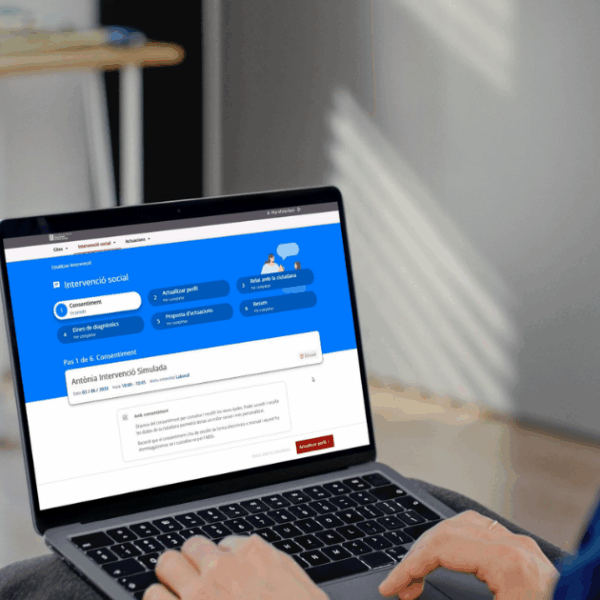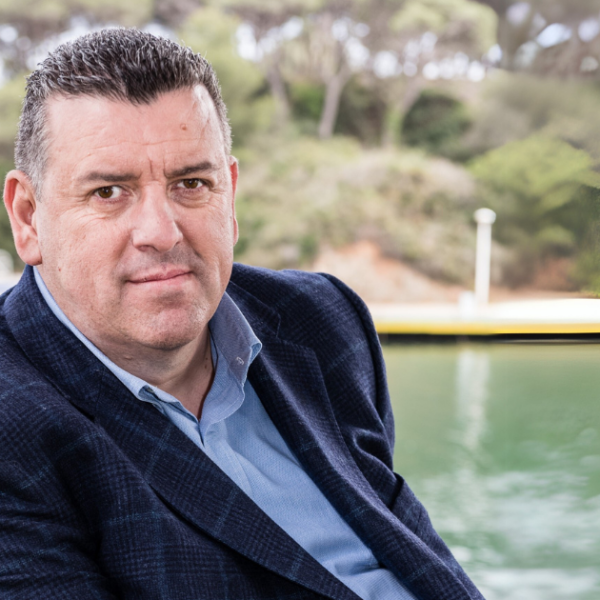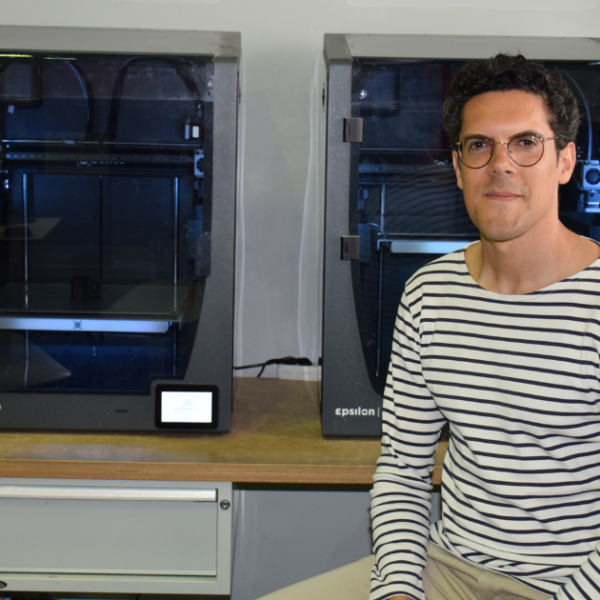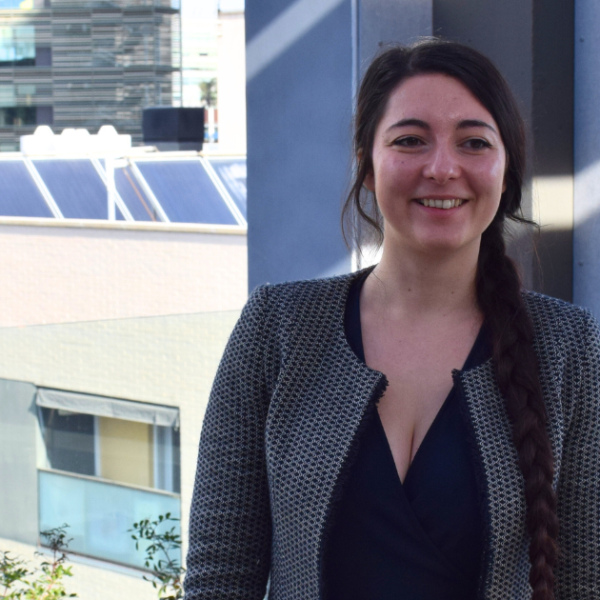Interview with iSocial: Dr Simon Duffy, Citizen Network
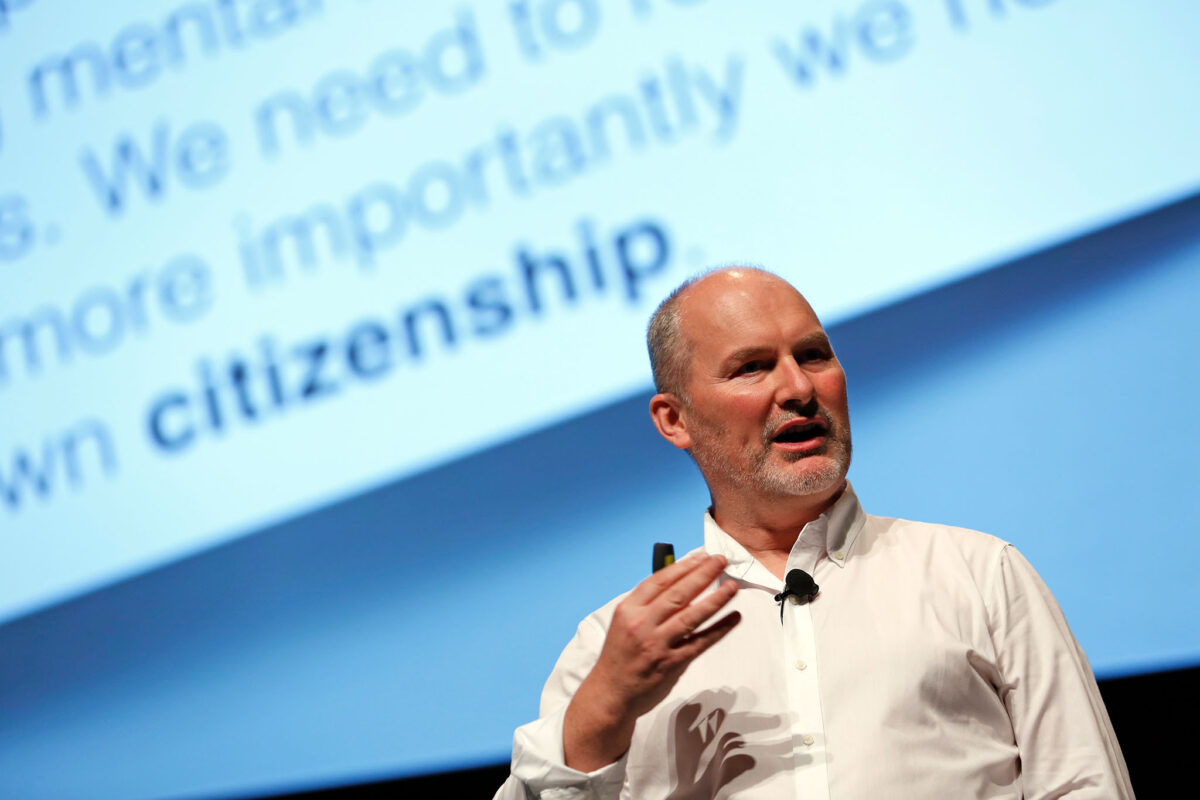
Interview with iSocial: Dr Simon Duffy, Citizen Network
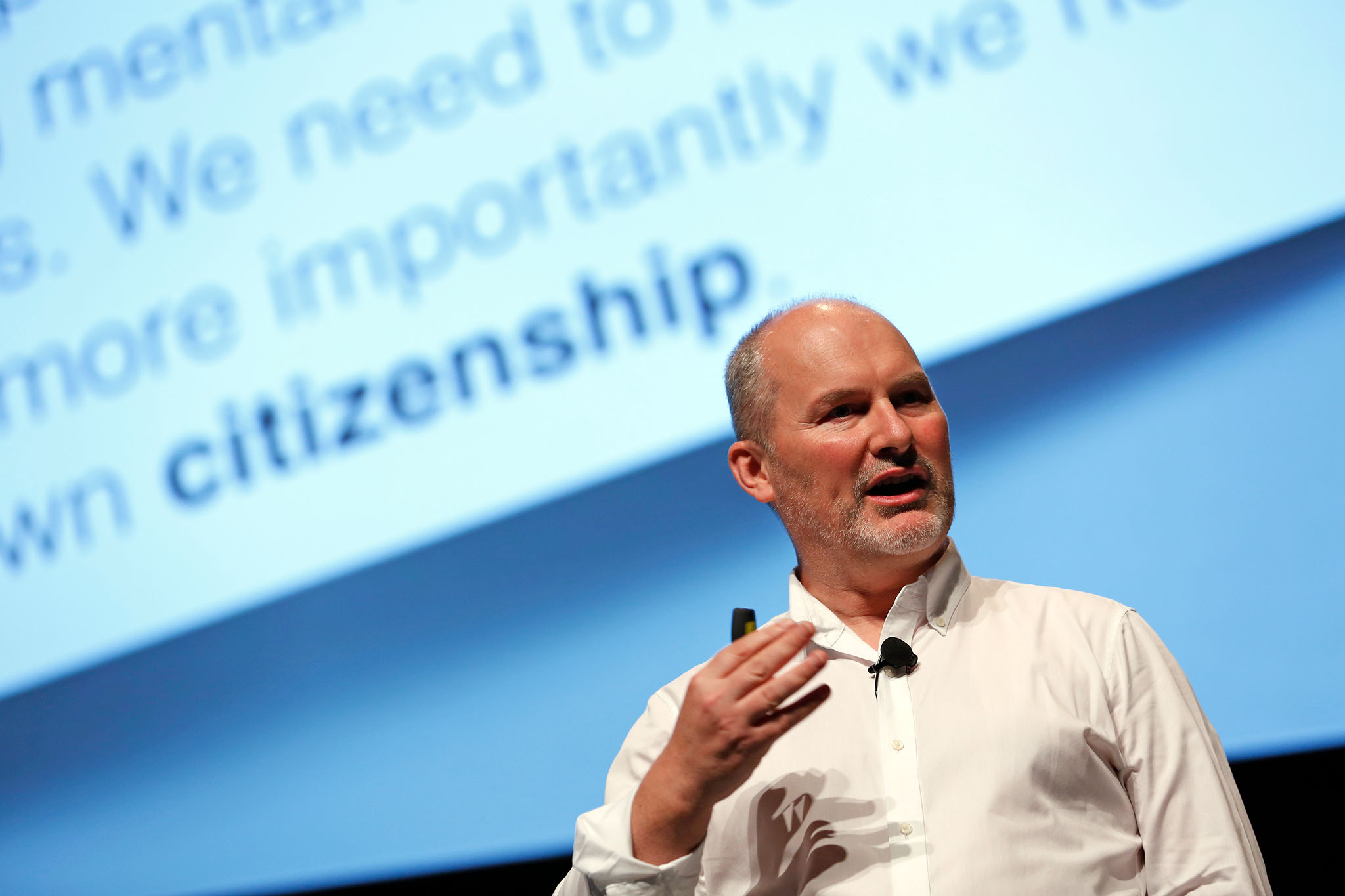
We speak with Simon Duffy, president of Citizen Network. Duffy explains the benefits of Self-directed Support, what barriers this methodology encounters and how he understands the role of social work in improving the quality of life of all citizens.
What sparked your interest in social work?
I stumbled into social work. I am not a trained social worker; by training I am a philosopher. My first proper job was as a management trainee in the NHS (the UK’s healthcare system) and I visited an institution where people with intellectual disabilities were incarcerated. I was both shocked by the environment people were living in, but also excited to discover the amazing people who were trapped there. I felt called to change my career and I started working to support people with disabilities to live in the community.
Today I feel that I am a social worker, but perhaps a part-time unofficial social worker.
Why do you promote the self-directed support methodology?
As I started to work with people in the community I found that the new community services which replaced the institutions did not always support people to be full citizens. So I started to explore different ways to help people take their place in the community, to have a real home of their own and support people to get work, contribute to the community, find love and do all the things that make life worth living.
There are a lot of different things we can do to help people live good and meaningful lives, but I started to focus on the money and power. It seems to me that people do not have enough power. People may be given services, but they cannot really shape support around their own lives and hopes for the future. In a way – even when institutional buildings close – the institutional system remains.
So over more than 30 years I have worked to create new systems of funding, control and support. When we put these different things together we can create a good system of self-directed support. But the true purpose of this work is to advance citizenship for everyone.
Is it a methodology applicable to any situation of social vulnerability?
Yes and no.
Sometimes people have a view of self-directed support that is too simple; they think that self-directed support is only for people who can easily make decisions for themselves. But self-directed support can work for everyone, if we respect the principles of supported decision-making.
In some ways self-directed support works best for people with the most complex disabilities or needs. When there is conflict, anger or challenge it often means that we are not supporting people in the right way. We need to listen more carefully and adapt our response to help people get what they need. This means examining and amending every variable. Maybe the person is not getting enough control or maybe the person who supports them is the wrong person or maybe we are taking the wrong approach.
Self-directed support is a framework for creating personalised support – allowing us to change anything and everything to fit the person’s needs.
So self-directed support should work for everyone. But that doesn’t mean we should use it to solve every problem. Some services may be best organised as a public service, for example emergency medical care or public transport. These are things that are properly managed by different principles, because we need to think about the needs of the whole population. The same is true for the basic social work system itself. The social work system is infrastructure, a framework upon which self-directed support should operate.
If a person is interested in Self-Directed Support in UK, what steps can he take towards it?
In theory, in England and Scotland (and in a number of other countries, like Australia) self-directed support is meant to be core operating system for every adult who needs social support. The idea is that after your needs have been assessed you will be given a budget and options to control that budget and to shape your own support.
That’s the theory. The reality is messier and more limited than this. For example, in England residential care services have been allowed to opt out of this system (personally I think this is a mistake) and also the system does other things to discourage people from taking an active role in managing their own personal budget.
This is the international pattern. Self-directed support is growing and being used by more groups. However systems and services often resist this growth and try to reduce their accountability to the person.
What must social workers do to walk a person through Self-Directed Support?
Good social work enhances people’s citizenship by supporting people to live meaningful lives as a full and equal member of the community. Our goal must be to help everyone to contribute, so that their unique gifts can be appreciated. If systems of self-directed support undermine our ability to do good social work then there must be something wrong with the system.
There are many different things that we can do to help people get the right support.
Sometimes people really benefit from understanding their personal budget, especially if this opens up new a creative ways to meet the person’s goals. So social workers will benefit from any system that makes its easier to make budgets transparent so you can talk to the person and their network and explore the best way to use that budget.
It is also important to use the development of good support to help the person build a community of allies around them to support them with decision-making, planning, management or community-building.
What we must not do is treat self-directed support like shopping.
We do not build a life of meaning by just picking a service provider. A good service provider will be a partner and an ally to the person and will want to become an active agent in helping the person to achieve their goals.
What are the tools currently available to implement this model?
This is a difficult question. There are lots of tools that emerge around specific systems: tools for setting budgets, person-centred planning tools, supported decision-making agreements, systems for finding support providers, recruiting personal assistants, managing your budget. I am not sure what to recommend and sometimes I think we can get a little distracted by the tools and forget to use our common sense.
The best tool is the human heart. Everything must be judged by that.
Are there barriers that may prevent citizens from benefiting from Self-Directed Support?
The main barrier will be the natural desire of any system to protect itself from change. Again it is important to see that the move towards the use of self-directed support is only part of the wider move away from institutions and towards human rights and citizenship. It is natural that many people, organisations and systems will be challenged by the idea that the person should have more power and that practices in the past should change and evolve.
Although it is possible to feel angry or disappointed that a system is slow to change the real challenge is to find ways to help people see what can be positive about the change. The development of real self-directed support is an organic and evolving process and we need to develop strategies to invite more and more people into the journey: not just people who need help but also families, support providers, administrators and community actors.
The change process becomes stronger if we can help build a richer community of allies around the change.
Can you mention a case of success?
There is success for people and success for systems. Here are a few examples.
We used self-directed support to help Patrick leave a large institution and to build a life in his own home in the community. We used creativity to help him buy a house that was suitable and to organise a personalised support team. Before he moved into his home Patrick was see as a very dangerous person. But since moving into his home in 1997 he has lived a positive and productive life in his community. Without this personalised support he would have been trapped in an expensive and risky institutional environment.
Wendy has intellectual disabilities, and she wanted a personal budget so that she could live life in her own way. She has been very creative with her budget, for example, instead of using a physiotherapist, she pays for a personal trainer at a gym. Her solution is more positive and motivating for her. She is also an active coach, showing other people with learning difficulties the benefits of having more control over your life.
For systems success comes in waves. The first developments in self-directed support started in California in 1965, and since then the USA has seen periods of growth and then periods of resistance. Australia is also an interesting example, for radical changes were introduced after a campaign called Every Australian Counts. This campaign brings together people, families and services providers in a shared movement and it treats the right to self-directed support as a universal right that everyone should expect. Now, when the Australian government tries to water down this reform, the campaign is very effective at putting pressure on the government. This is a very encouraging development because it starts to normalise self-directed support within wider society.
Self-directed support shouldn’t really feel like a new and strange methodology. It is simply a matter of treating everyone as we would each wish to be treated – as a full and equal citizen, worthy of respect. It should give social workers greater power to do their job properly and in harmony with true ethics and values of social work.
Entrevistes

